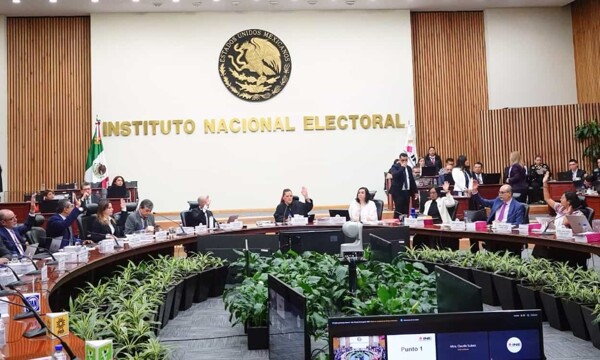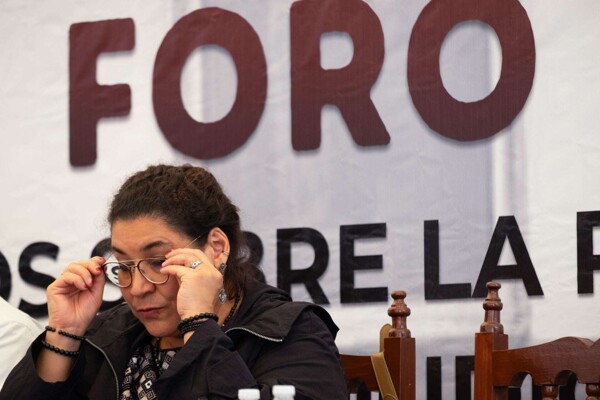
The Government of Mexico has announced a social housing program that will provide independent workers the opportunity to access housing through rents that can be applied towards the purchase of the property if they choose to buy it. This benefit will also extend to beneficiaries without access to housing credits, such as young people, seniors, and women heads of household, including workers from platforms like Uber, Didi, and Rappi.
The rental social housing program will be managed by Conavi and targeted at individuals aged between 18 and 30, with the aim of offering affordable housing. It is expected that one million new houses with their respective deeds will be delivered during the presidency of Claudia Sheinbaum, prioritizing young women heads of household, indigenous populations, and seniors, mainly in the east of the State of Mexico.
Out of this million houses, 500,000 will be built by Infonavit and the other 500,000 will be granted by Conavi to non-beneficiaries. The financing will have an interest rate of 0 percent and monthly payments will not exceed 30 percent of the beneficiary's income, with payment terms of up to 30 years. Additionally, 250,000 credits will be granted for the improvement of existing homes.
The new houses will have features such as secure locations, basic services, proximity to education and health areas, access to roads, green areas, and recreational spaces, and will be tailored to family and cultural needs. An investment of 600 billion pesos is expected for this housing plan, creating 6.1 million direct jobs and 9.2 million indirect jobs.
By 2025, the construction of 165,000 new houses and improvements is anticipated, with the possibility of expanding the program. The rent for the houses will not exceed 30 percent of the monthly salary of young workers, and socioeconomic studies will be conducted to determine the payment capacity, in addition to placing the housing units near educational centers and industrial zones, including all basic services.














